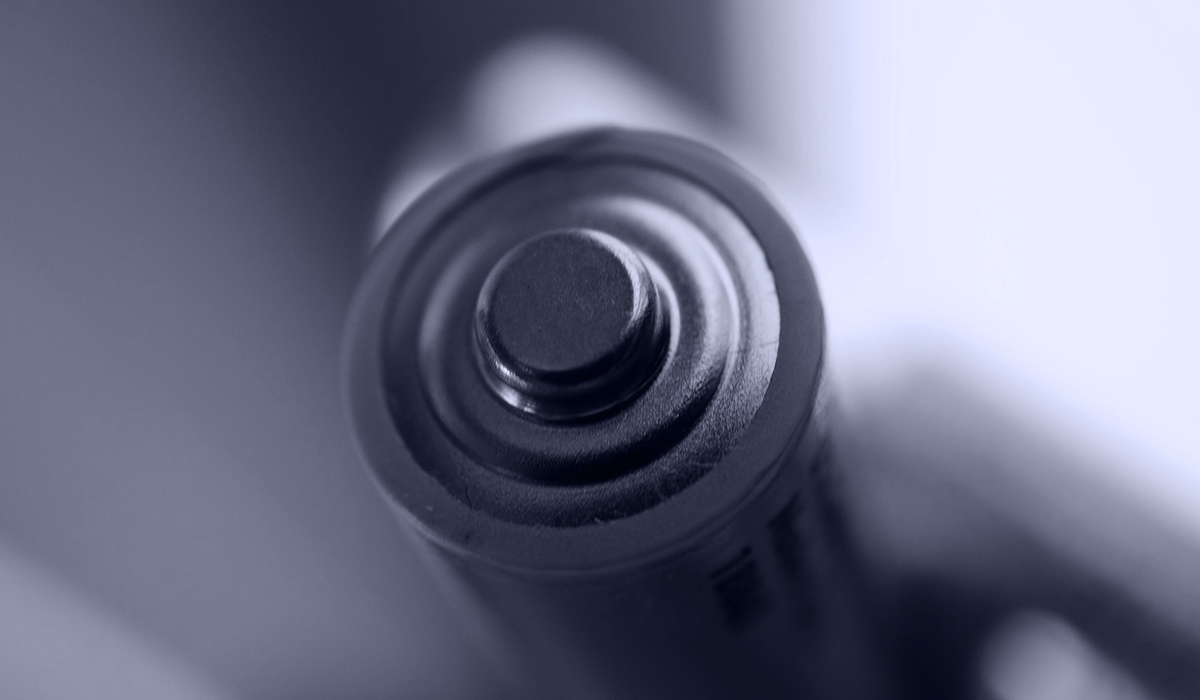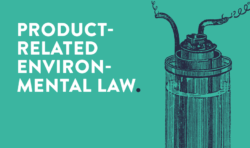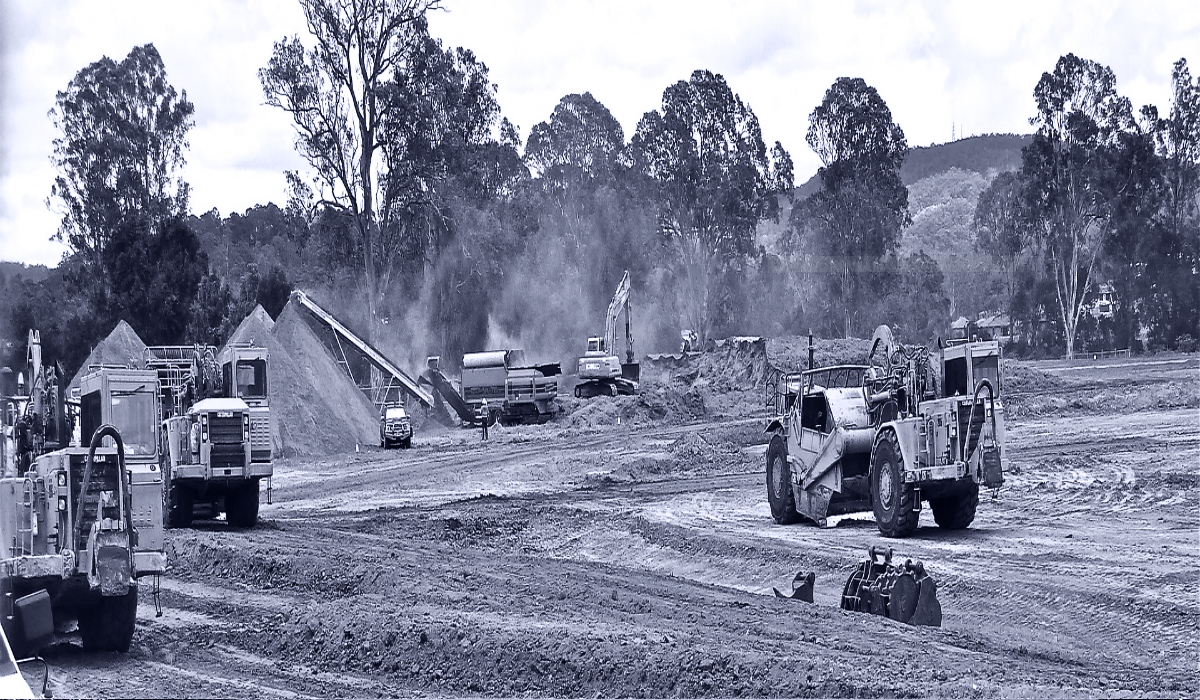The main trigger for the comprehensive revision and restructuring of the legal regime for battery disposal was, on the one hand, the fact that various developments in the market led to considerable distortions of competition and disadvantages for the previously existing Joint Take-back System (GRS), with the result that the GRS ceased to operate as a joint take-back system for producers within the meaning of Sec. 6 BattG at the beginning of the year when it was established as a producer-owned take-back system. On the other hand, adjustments are also necessary in view of Directive (EU) 2018/851 amending the Waste Framework Directive in order to implement the extended producer responsibility stipulated therein.
The key aspects of the planned revision can be summarised as follows:
- In future, there is to be uniform responsibility both for the registration of producers and the revocation of registration and for the approval and revocation of the approval of producer-owned take-back systems at the Federal Environment Agency (UBA – cf. Sec. 19ff. BattG-E). However, Sec. 23ff. BattG-E provide for the possibility transfer the powers of the Federal Environment Agency to the stiftung elektro-altgeräte register (ear) with, so that both the registration of manufacturers and the approval of a producer-owned take-back system will have to be carried out at the ear.
- The existing obligation of producersto notify the Federal Environment Agency of the placing of batteries on the market will be extended to a prior registration with the ear according to Sec. 4 BattG-E. The registration is a real application procedure and will only be granted after all registration requirements have been proven to the ear.
If a producer has already notified the Federal Environment Agency of the placing of batteries on the market in accordance with Sec. 4 of the currently still valid BattG, the obligation to register does not already exist when the new BattG comes into force on 01.01.2021, but only one year later, on 01.01.2022. However, if there are deviations from the information given in the existing notification between 01.01.2021 and 31.12.2021, registration is required from the time of such deviations (cf. Sec. 31 para. 2 BattG-E).
- Up to now, producers have usually participated in the GRS to fulfil their take-back obligation. Producer-owned take-back systems only accounted for a smaller share by the beginning of the year. However, after GRS was established as a producer-owned take-back system at the beginning of 2020, there is no longer a joint take-back system within the meaning of the BattG. The draft now traces this purely actual development and converts the battery disposal system to exclusively competitive, producer-owned take-back systems (Sec. 7 BattG-E). Producer-owned take-back systems that have already been approved under the currently still valid BattG or are approved until 31.12.2020 are considered to continue to be approved until 31.12.2021 and do not have to apply for approval under the new BattG until 01.01.2022 (Sec. 31 para. 4 BattG-E).
- As there is no longer a joint take-back system, the obligation of distributors to offer batteries for collection to this system is no longer applicable. In future, all producer-owned take-back systems must offer all distributors a free, nationwide possibility to participate in their system and the distributors must participate in one of the producer-owned take-back systems (Sec. 9 para. 2 BattG-E).
- The information obligations for producers vis-à-vis consumers will be extended so that in future further information on waste prevention and the reuse of batteries must be provided. In addition, the risks involved in handling batteries containing lithium will also have to be pointed out to end consumers in future (Sec. 18 para. 2 BattG-E).
- Due to European legal requirements on extended producer responsibility stemming from the new Directive (EU) 2018/851 amending the Waste Framework Directive 2008/98/EC, the introduction of the possibility of appointing an authorised representative by a producer not established in Germany is necessary. An authorised representative must be resident in Germany and, after a written order in German, can perform all tasks on behalf of the producer in his own name that the latter would otherwise have to perform himself. This applies in particular to registration and system participation. However, according to the German government’s draft, the appointment of an authorised representative is voluntary and is only intended to make things easier for producers not established in Germany. It has to be noted that the producer remains regulatorily responsible for compliance with the legal requirements if the authorised representative does not comply with them. In its statement of 03.07.2020, the Bundesrat calls for the mandatory appointment of an authorised representative by producers not resident in Germany (as is already the case in Sec. 8 ElektroG).
In summary, it can be stated that significant changes will be faced by producers and distributors of batteries as well as by producer-owned take-back systems, the implementation of which should be tackled in good time. This applies even if the transitional provision can be used in individual cases, as experience shows that such changeover phases can be lengthy and resource-intensive.
Finally, it should be noted that although the registration procedure after prior participation in the system is conceptually similar to the German Electrical and Electronic Equipment Act (ElektroG) and the German Packaging Act (VerpackG), the structures are clearly different and care must be taken to ensure that the requirements from the respective legal regimes are not mixed up and are thus possibly insufficiently implemented. In particular, separate registrations under the ElektroG on the one hand and the BattG on the other will continue to be required in the future, although both registrations will have to be made with the ear.
Link to document: Draft law of the Federal Government of 15.06.2020 (BT-Drs. 19/19930) and statement of the Bundesrat of 03.07.2020 (BR-Drs. 265/20).
Do you have any questions about this news or would you like to discuss the news with the author? You are welcome to contact: Michael Öttinger






